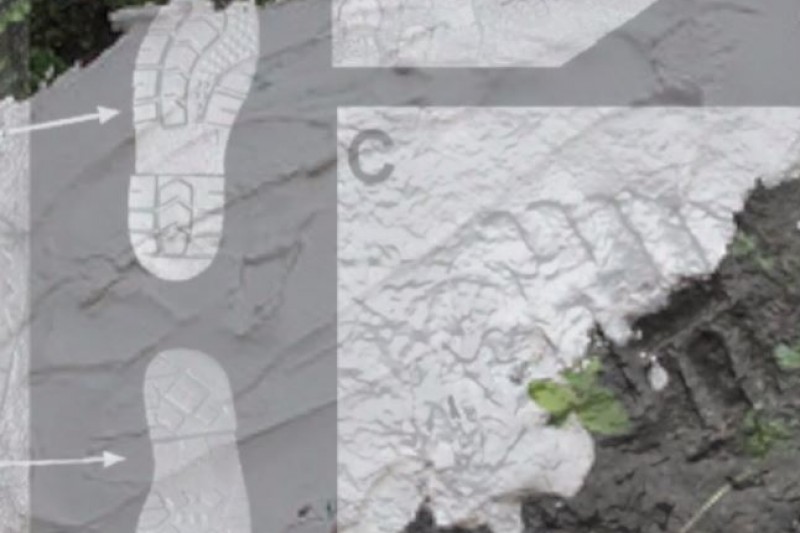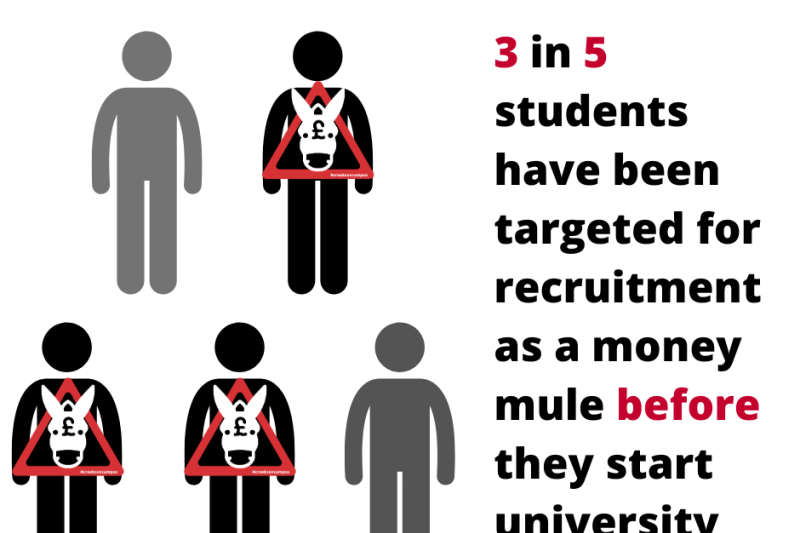A software tool that enables footprint analysis has been made freely available to police forces and forensic services. The Digtrace software has been developed by researchers at Bournemouth University (BU) and allows analysis of a wide range of footwear evidence - whether uncovering new dinosaur prints or human footprints made by a suspect leaving a crime scene.
Digtrace is the first integrated freeware product that allows crime scene officers to capture 3D images of footwear impressions with nothing more than a digital camera and then to visualise, analyse and compare these traces digitally.
The current cost of existing imaging software means that police and investigators are often reliant on outdated methods, such as plaster casts and visual comparison.

BU’s Professor Matthew Bennett said he hoped the free Digtrace software would enable more forces to utilise the latest evidence techniques.
“Footwear impressions provide an important source of evidence from crime scenes. They can help to determine the sequence of events and – if distinctive – can even link a suspect to multiple crime scenes,” said Professor Bennett.
“Evidence can either be 2D, in the form of mud or bodily fluids, or 3D, when a footprint impression has been left in a soft substance, such as soil. However, despite rapid advances in technology in forensic science, methods of examining 3D traces have changed little over the last fifty years.”
He added: “As the software is increasingly used by police forces and forensic agencies across the UK it has the potential to make a significant difference to the value of footwear evidence at crime scenes.
“Since the software is free and simple to use it has the potential to allow 3D imaging to become the norm rather than the exception when investigating crime scenes.”
The project was funded via an Innovation Award from the UK Natural Environment Research Council (NERC) to translate academic research into a practical application. With project partners from the Home Office and the National Crime Agency the project was completed in July of this year.
It is now being showcased for the first time at the Forensic Science Technology Showcase in London on Thursday 20 October 2016.
Professor M David Osselton, Head of the Department of Archaeology, Anthropology and Forensic Science at Bournemouth University, said: “The availability of this free software package to police forces provides an opportunity for all forces to engage in digital imaging of footmark impressions.
“This will make a significant difference to the value of footwear evidence in a crime investigation.”
Dr Marcin Budka, a computer scientist at Bournemouth University, wrote much of the software code.
He said: “We’ve been developing the software for the better part of a decade. What started as collection of tools for addressing specific research tasks and built using a variety of technologies has now been consolidated with the help of NERC into a standalone software suite.
“At the heart is some neat mathematics that underlies the various 3D transformations required. Keeping things simple, however, is the key to building trust with the end-users who are not computer scientists.”
To find out more about the software visit: www.digtrace.co.uk



